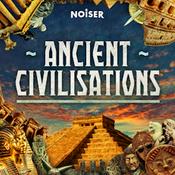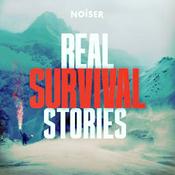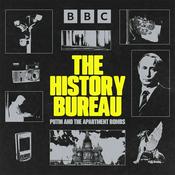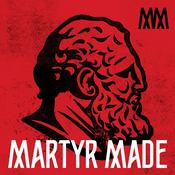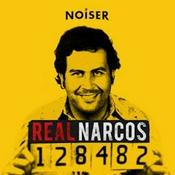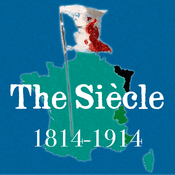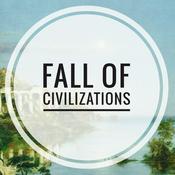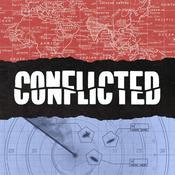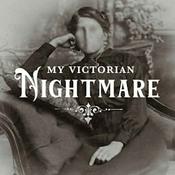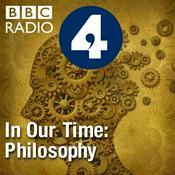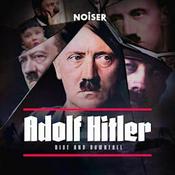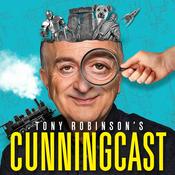254 episodes
- In 1961, Viv Nicholson became a household name in Britain when she and her husband scooped a massive win on the football pools. Asked what she would do with the money, Nicholson famously replied "Spend, Spend, Spend" and the tabloids followed her closely over the next few years as she spent the winnings on the high life. Viv Nicholson's story later became a successful West End musical and stage play. Simon Watts talks to her son, Howard Nicholson, author of "You Don't Know Viv".
PHOTO: Howard and Viv Nicholson (left and centre) with British entertainer Bruce Forsyth (Getty Images) - How two pilots, Dick Rutan and Jeana Yeager, became the first to fly non-stop around the world without refuelling in December 1986. Their experimental aircraft was designed by Dick's brother, Burt Rutan. It had to be incredibly light to carry the huge weight of fuel required. But that meant the plane was vulnerable to breaking up in turbulence. Dick Rutan and Jeana Yeager endured storms and equipment malfunctions to set the world record. They spent 9 days, 3 minutes and 44 seconds in the air. Alex Last speaks to Dick Rutan about their achievement.
Photo: The Voyager aircraft designed by Burt Rutan (NASA). - Mountaineers risked their lives to camouflage churches and palaces in the great Russian city during World War Two. The city was besieged by the Germans and under bombardment. The climbers used paint and canvas to conceal the landmarks from enemy attack. Mikhail Bobrov was just 18 years old when first got sent up the city's spires. He's been speaking to Monica Whitlock about his wartime experiences.
Photo: A climber suspended from a spire in Leningrad. Credit: Tass/PA. - In December 1966, a group of Black activists in Los Angeles created the winter holiday Kwanzaa to try to reclaim their African heritage. It's now celebrated by millions across the US.
Lucy Burns speaks to Terri Bandele, who attended the first Kwanzaa celebrations aged 11.
Picture: Children at the first Kwanzaa celebration - courtesy of Terri Bandele (on right) - The game has become a holiday tradition with families around the world since its launch in 1981. Ashley Byrne has been speaking to the designer of Trivial Pursuit, Michael Wurstlin, about how it was first created.
Photo: The original Trivial Pursuit game. Credit: BBC.
More History podcasts
Trending History podcasts
About Witness History: Witness Archive 2017
History as told by the people who were there. All the programmes from 2017.
Podcast websiteListen to Witness History: Witness Archive 2017, The Rest Is Classified and many other podcasts from around the world with the radio.net app

Get the free radio.net app
- Stations and podcasts to bookmark
- Stream via Wi-Fi or Bluetooth
- Supports Carplay & Android Auto
- Many other app features
Get the free radio.net app
- Stations and podcasts to bookmark
- Stream via Wi-Fi or Bluetooth
- Supports Carplay & Android Auto
- Many other app features


Witness History: Witness Archive 2017
Scan code,
download the app,
start listening.
download the app,
start listening.






